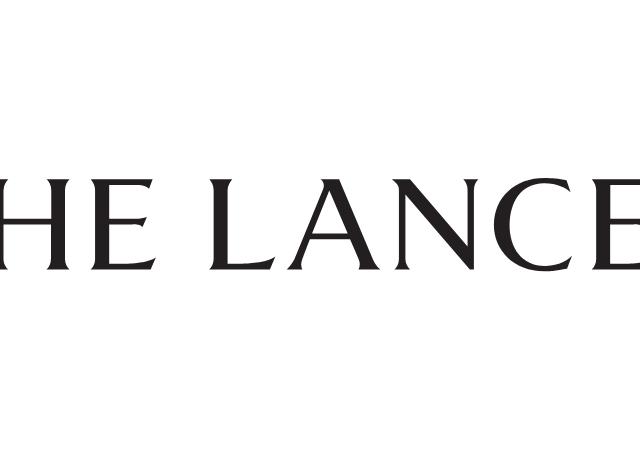The coronavirus disease 2019 (COVID-19) pandemic places unprecedented pressure on societies and health-care systems around the world. This first pandemic of the 21st century demands internationally unified, cogent, and collective actions by individuals, communities, commercial bodies, institutional systems, and all governments in mitigating its escalating impact. Each day, more countries are closing their borders, repatriating their citizens, and discouraging tourism. Air travel between continents has been largely suspended.
The main public health preventive advice focuses on hand hygiene and social distancing. The latter is impossible to enforce at mass gatherings. We found the Comment by Brian McCloskey and colleagues, advocating formal risk assessments with a view to permitting mass gatherings in the time of COVID-19, puzzling at the very least.1 As scientists, we are committed to unrestrained inquiry and dissenting opinion, but advocating a risk assessment for mass gatherings connotes an explicit approval for pending mass gathering activities at a time of an escalating global pandemic.
Advocating such a position is more than mere dissent. Mass gathering researchers have already categorically advocated for the suspension of Umrah and the potential suspension of the Hajj and the Olympic Games.2 Suggesting that pending mass gatherings such as the Olympics are worthy of risk assessment and could possibly take place at this time countervenes the public health preventive messages of hygiene and social distancing.3 It sends a misleading message to the public, to policy makers and to various powerful, heavily invested stakeholders. Shortly after writing this Correspondence, the Olympic Games were officially postponed to 2021.
Certainly, if COVID-19 had remained contained in isolated pockets around the world, such recommendations would be legitimate, but the world is now subjugated by an uncontained pandemic with signs of further escalation. Allowing mass gatherings under these circumstances has the potential to endanger millions of attendees and upon return home also those who remained in their countries of origin.
Evidence supporting the cancellation of mass gathering exists, as does evidence documenting the failure to contain mass gatherings at the time of pandemic. Saudi Arabia’s suspension of the Umrah pilgrimage has been protective, whereas Iran’s decision to permit mass gatherings in Mashhad and Qom has been detrimental.4
Additional considerations supporting the cancellation of mass gatherings include reports of significant morbidity among young people, survival of viral particles on innate surfaces, and repeat waves of infections. These considerations are crucial even for mass gatherings of which most attendees are young adults (eg, sports, music). At mass gatherings of mainly older and more vulnerable people with comorbidities (mainly religious), these considerations are even more relevant. Furthermore, the density of the typical mass gathering renders social distancing and continued disinfection of hard surfaces impossible. Outbreaks emanating from mass gatherings can also serve as potent seeds for successive waves of infection through international and regional travel. Finally, even with carefully thought-out mass gatherings, unless the viral evolutionary trajectory of severe acute respiratory syndrome coronavirus 2 (SARS-CoV-2) is determined, premature promotion of mass gatherings can only lead to reignition of the pandemic. Although the initial human response can be described as panic at times of crises, complacency quickly sets in.5,6 As public health leaders, we cannot be seen to permit even any tacit endorsement of a mass gathering during this unprecedented global event. When governments and societal and economic systems are unanimously intensifying efforts toward the economically and personally challenging concept of social distancing, any call to consider mass gatherings sends a diametrically opposing and confusing message to the public.
Together we must commit all efforts to raise a cogent and unified call to fight the pandemic. Cancelling mass gatherings is traumatic for all stakeholders, but considering the nature of the SARS-CoV-2 virus, the risk of asymptomatic carriage and transmission, the global public health preventive advice of distancing and hand hygiene, and the many remaining unknowns, there is hardly any leeway for choice.
*Ziad A Memish, Qanta A Ahmed, Patricia Schlagenhauf, Seydou Doumbia, Anas Khan zmemish@yahoo.com
Font: The Lancet
